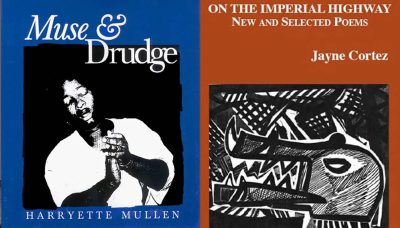Essays
Prose that encourages us to engage with books of poetry, individual poets, and issues of craft or poetics.
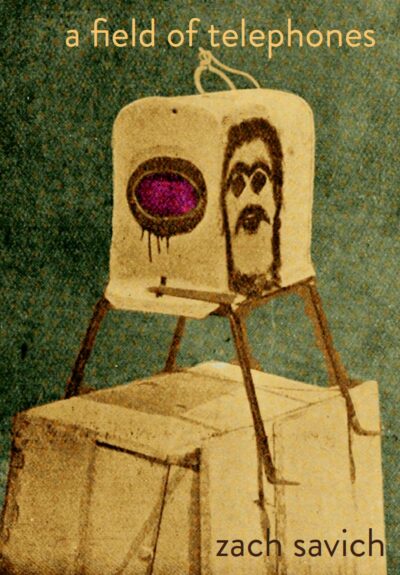
First Lecture
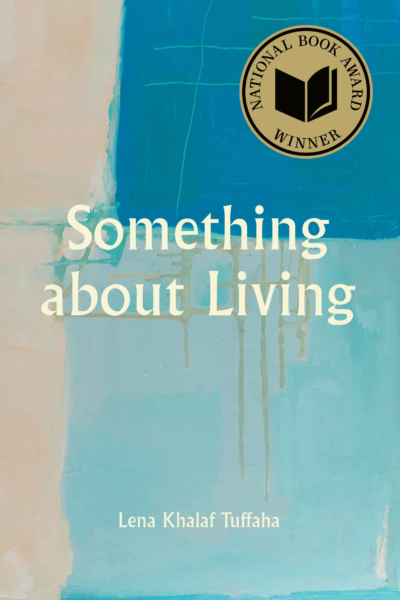
Every Empire Sings Itself a Lullaby: On Lena Khalaf Tuffaha’s Something about Living
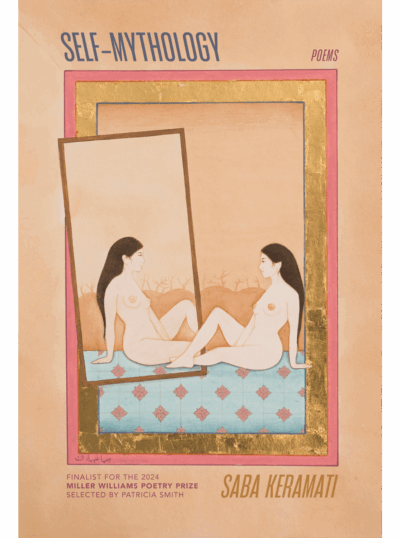
What’s The Difference Between a Person and a Prayer?: On Saba Keramati’s Self-Mythology
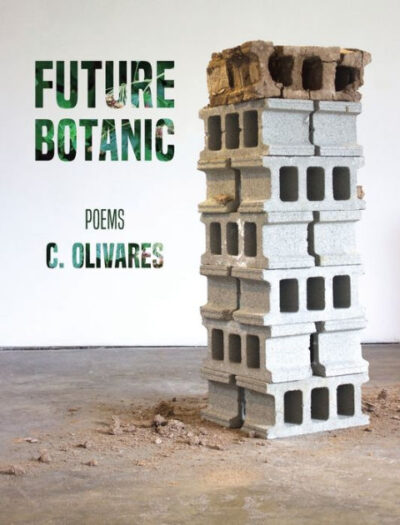
The Forest of las américas is Already Alive: On Christina Olivares’ Future Botanic
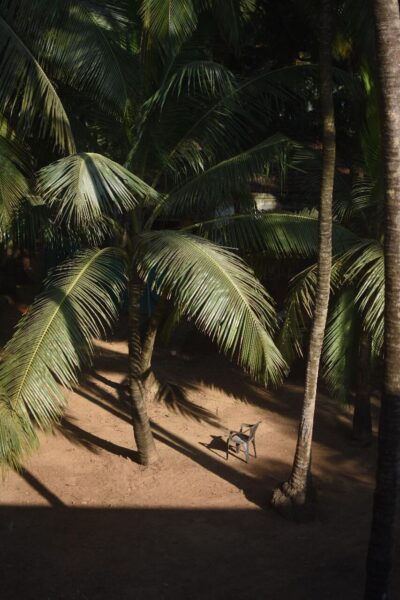
Polyamory & The Poem: A Zuihitsu
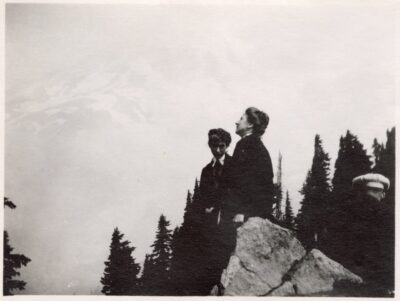
Thinking Like a Mountain: On the Centennial of Marianne Moore’s “An Octopus”
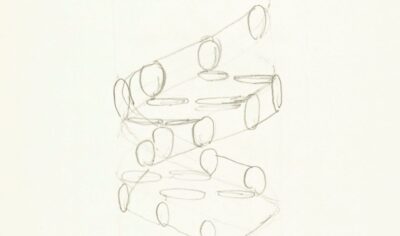
Kinship Archives: DNA Dreams
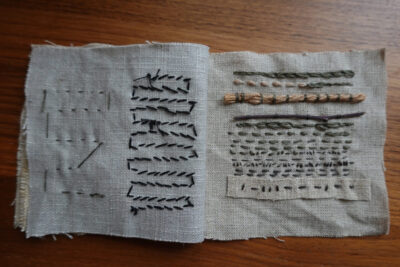
Field Notes: Asemic Textile Book 1
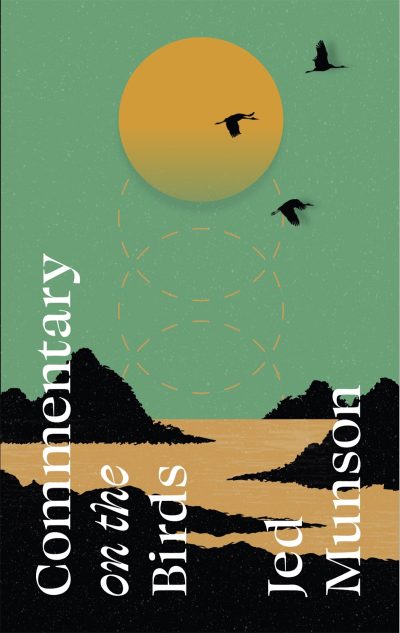
Commentary on the Birds
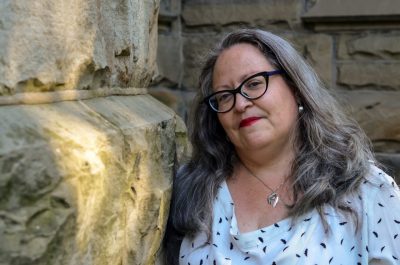
Field Note: Birds of Prey on the Highway

Absence as a Silhouette: On Writing Becoming Ribbons
